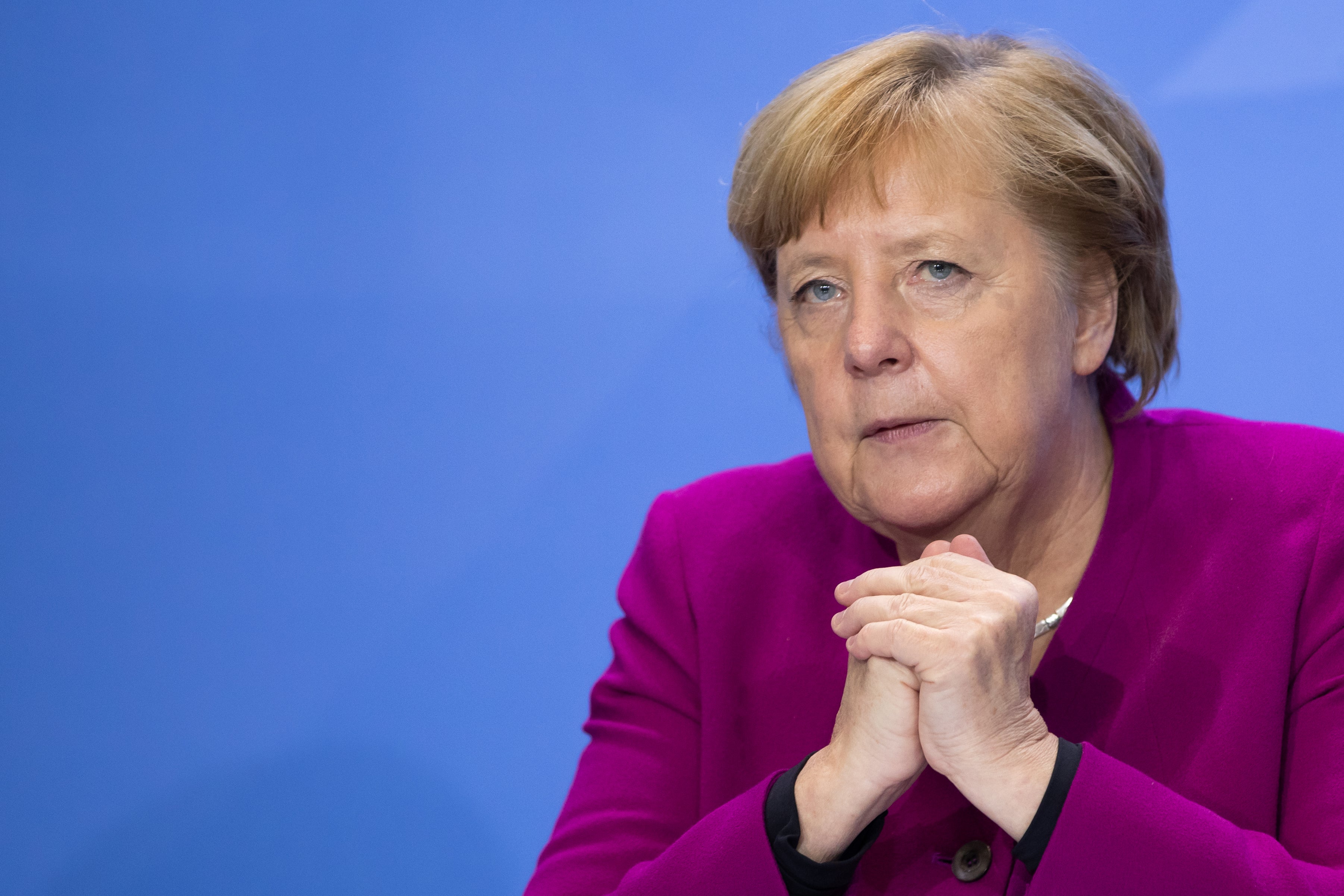Germany reaches one million Covid cases
Germany is fourth European country to have hit milestone but has seen far fewer deaths than UK, France, Italy and Spain

Germany has become the fifth European country to record more than one million Covid-19 infections.
The country's disease control centre, the Robert Koch Institute, said that Germany's 16 states reported 22,806 cases overnight, bringing the total number of cases since March to 1,006,394.
Despite the high number of infections, Germany has seen fewer deaths than many other European countries, with 15,586 in total, compared with more than 50,000 in the UK, Italy and France.
The German chancellor, Angela Merkel, and state governors have chosen to add more restrictions and extend their so-called “wave-breaker” lockdown, which closed restaurants, bars, sports and leisure facilities but has left schools, shops and hairdressing salons open.
The lockdown began on 2 November and was initially scheduled to last four weeks, but now will continue well into December.
The aim is to bring the weekly number of cases in Germany to below 50 per 100,000 of the population, the level at which officials say it is possible to track outbreaks and enforce local quarantines where necessary.
The lockdown in Germany has made the prevalence of the virus plateau, rather than reducing it.
France, Spain, the UK and Italy were the first four countries in Europe to surpass 1 million positive cases.
The French president, Emmanuel Macron, has announced that the second peak of the virus has passed in France, which with 2.18 million cases is the only European country to have passed 2 million infections.
His government plans to lift the country’s national lockdown, which started on 30 October, on 15 December, provided that new cases and hospital numbers stay low.
However, a curfew will be in place from 9pm and 7am, except on Christmas Eve and New Year's Eve. Travel will be permitted, and museums, cinemas and theatres will be allowed to reopen. Restaurants, bars and gyms will be permitted to reopen on 20 January if the spread of the virus is contained.
In Italy, which has recently seen its highest coronavirus death rates since March, many regions are currently in partial lockdowns, with no travel between them allowed. A nationwide curfew of 10pm has been implemented, and the possibility of upcoming Christmas markets has been ruled out.
Spain has recorded more than 1.64 million cases since March, with 25,595 daily cases on 30 October alone at the height of the current second peak. Numbers are now falling, and unlike other European countries, Spain is not in a lockdown. Instead, social gatherings are limited to a maximum of six people, the use of face masks in public places is mandatory, and other distancing measures are in place.
Join our commenting forum
Join thought-provoking conversations, follow other Independent readers and see their replies
Comments


Bookmark popover
Removed from bookmarks